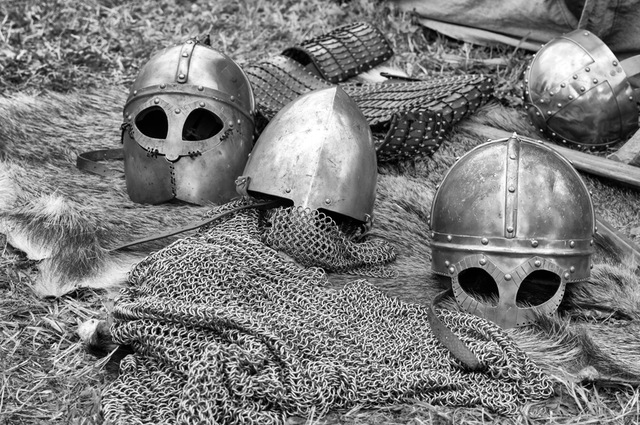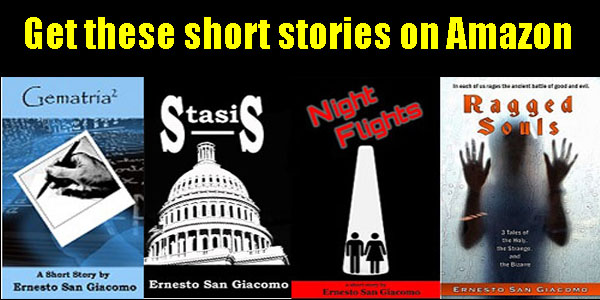When we (the Queen and I) were on the cusp of completing the final draft of my fantasy novel, Storm of Divine Light, I came across an intriguing post by #WritingCommunity member, Indie Author and Editor Dan Alatorre. His blog post concentrated on the dreaded phenomenon known as “crutch words.” Just when we thought we were safe, it was back to the draft for another round of editing.

What are crutch words?
They are words or expressions that an author’s brain defers to like a default setting (and therefore, they become over-used). These repeated words / phrases should not be obliterated from your writing, but rather, their frequency and usage needs to be reduced.
What do I mean by “usage”?
Word usage falls into two broad categories. First, there is description / exposition and second, there is dialog. I’ll use the word “look” as an example in exposition.
Janet flashed a stern look at him.
Occurrences like this are borderline “telling.” You can allow about fifteen per novel; just make sure they are distant from each other.
John looked at Janet’s stern face.
Blatant “telling” and also “distancing.” Please edit (with extreme prejudice) such usage from your manuscript.
On the flip side, the word “look” seems quite natural in dialog:
John held up the old photograph. “Wow! Come over here and take a look at this.”
Proper, simple, and to the point. Good job! Now here’s an example where I make a special effort to avoid the word “look.”
“Hey, Janet! Amble over to my location and visually scan this old photograph and let’s see if it surprises you?”
An overzealous crusade to edit any and all occurrences of a crutch word in dialog may result in stilted, wooden, and unrealistic conversation.
In another example, you may have placed the word properly, but it appears too many times within a short space.
John held up the old photograph. “Wow! Come here and take a look at this.”
Bill glanced over his shoulder and said, “Now look, I can’t drop everything whenever you think you’ve found something important. Keep searching and we’ll look everything over later.” He huffed a breath and stared at John with a disdainful glare.
“Don’t look at me like that.” John flung the photo into a box.
Every single line of dialog is perfectly acceptable. However, “look” is used four times within five lines of text. Do not only refer to the sidebar within MS Word. When you do a search for any crutch word, scroll though and look for clusters.

Is it possible to use a crutch word to one’s advantage?
People, not just authors, have crutch words in their arsenal. Therefore, to make a character more realistic, give them a crutch word or phrase that is reflective of their personality. Remember to use it and don’t abuse it. If a particular character has a verbal crutch, don’t let another character say the same phrase or word as much.
In Storm of Divine Light, I used the word “quite” thirteen times in dialog. The main secondary character, Cyril, uses it seven times, Maynard four times, Dagorat once, and Liberon once. I gave the character Cyril the phrase “Quite right.” Maynard says the same with some frequency, but I also established that he and Cyril are peers in age, education, and social status.
How to find those crutch words
I searched on-line for crutch word lists. Although some results geared toward public speaking and therefore contained “Um,” “Ya know,” and “like.” I found enough sites to compile a general list, but then came the ultimate problem associated with crutch words in your manuscript: finding the personal ones unique to your own brain.
You may find those elusive personal crutch words by searching for a different one. When I searched through my manuscript for “very,” MS Word also highlighted “every,” “everything,” “everyone” and “everywhere.” In this way, I discovered that “every” was one of my personal crutches. By the time I was done, I had an extensive list to scrub:
- A bit
- A few
- Actually
- Almost
- Appear
- As though
- Basically
- Beginning
- Certainly
- Could
- Definitely
- Each
- Every/thing/one
- Felt
- Finally* (Obliterate this one)
- Gaze
- Glance
- Heard/hear
- Just
- Look
- Nearly
- Nod
- Only
- Probably
- Quite
- Rather
- Reach
- Realize
- Really
- Saw
- See
- Seem/Seems/Seemed
- Shrugged his/her/their shoulders
- Simply
- Slightly
- Some / Somehow
- Touch
- Turn / return
- Very
- Virtually
- Was
- Watch
- Wonder
- Would
Remember to apply the principles of usage and frequency when hunting these buggers down.
I’m somewhat knocked out by the difference between a crutch word-cleaned draft and the preceding draft. My manuscript for Storm of Divine Light became tighter, and neater. Or shall I say more groomed?
Did you find this helpful? Did you find a personal crutch word not on my list?
Every Time You Reply, Baby Patrick Doesn’t Cry














